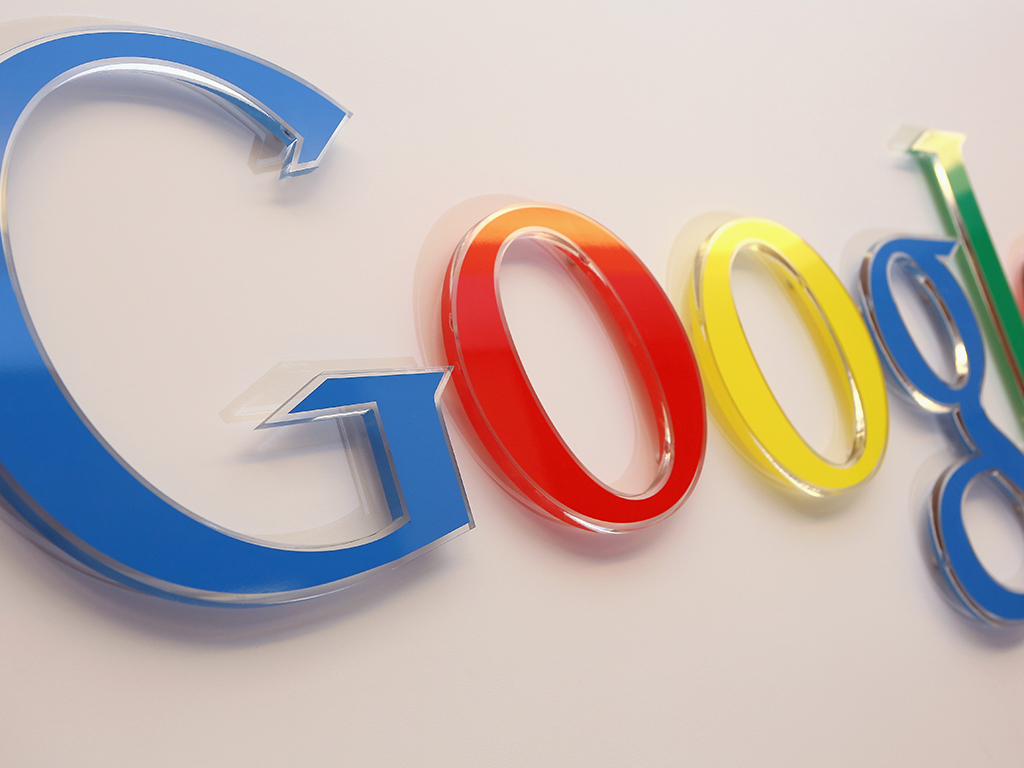Google enters telecoms market with Project Fi
Tech giant finally unveils its plans to rival telecom firms with budget cellular network, as industry faces big changes

Google's latest venture Project Fi will see it entering the mobile telecoms market, which it has been looking to do for some time
Google’s efforts to dominate every part of people’s digital lives continued with the news that it had launched its own wireless network to rival telecoms giants. Project Fi is a budget cellular and Wi-Fi network that will connect mobile users to the internet while also providing voice calls. Google’s entrance into the market has the potential to further shake up an already changing telecoms industry.
The company has been looking at breaking into the mobile telecoms market for a while now
The project is launching just in the US on a relatively small-scale for now, however it is likely to be quickly rolled out across the country and beyond if it proves popular with users. Starting at $20 a month, the service will try to bring down costs to users by refunding them for any unused data at the end of each month. Currently just invite-only and solely for Nexus 6 owners, Project Fi has been in testing for a number of years, with an initial announcement in Kansas City in 2011.
Google has not built its own telecoms infrastructure to provide the service, instead partnering with networks T-Mobile and Sprint. The company has been looking at breaking into the mobile telecoms market for a while now, reportedly offering $5bn for some of America’s data spectrum in 2008.
Announcing the news on its blog, Google said by connecting users to free Wi-Fi hotspots as well as Sprint and T-Mobile’s 4G networks, enabling a consistent and high-speed service that doesn’t place a huge strain on networks. “As you go about your day, Project Fi automatically connects you to more than a million free, open Wi-Fi hotspots we’ve verified as fast and reliable. Once you’re connected, we help secure your data through encryption. When you’re not on Wi-Fi, we move you between whichever of our partner networks is delivering the fastest speed, so you get 4G LTE in more places.”
The telecoms market in the US is undergoing considerable change at the moment. A price war between leading providers has been rumbling on for months, with Sprint, Verizon, AT&T, and T-Mobile all competing for a share of the increasingly lucrative market. At the same time, the lines between mobile telecoms and other internet services have blurred, with cable providers joining forces with existing telecom firms. AT&T recently acquired Direct TV for around $49bn in a response to the merger between Comcast and Time Warner.
However, the $45bn Comcast-Time Warner deal has faced heavy regulatory scrutiny, with the US Federal Communications Commission recommending this week that it faces an administrative hearing that would drag the approval process on. Google’s entrance into the telecoms market will add to its existing smartphone business, as well as its numerous digital media offerings, such as Google TV. It has already partnered with Comcast and Time Warner to offer its Google Fiber ‘ultra-fast’ broadband service, although it had to invest heavily in acquiring and building new fibre optic cables infrastructure.













